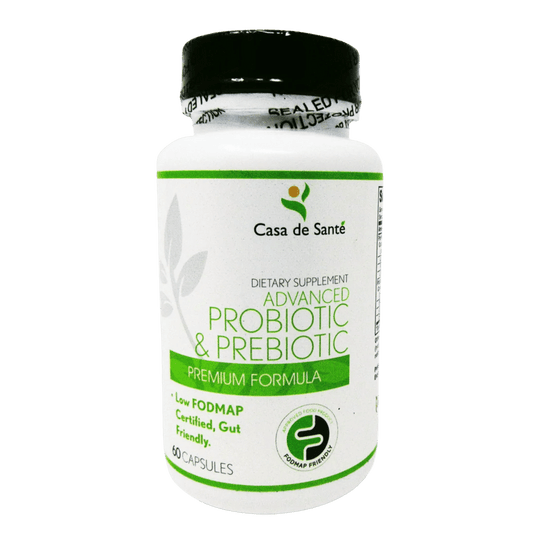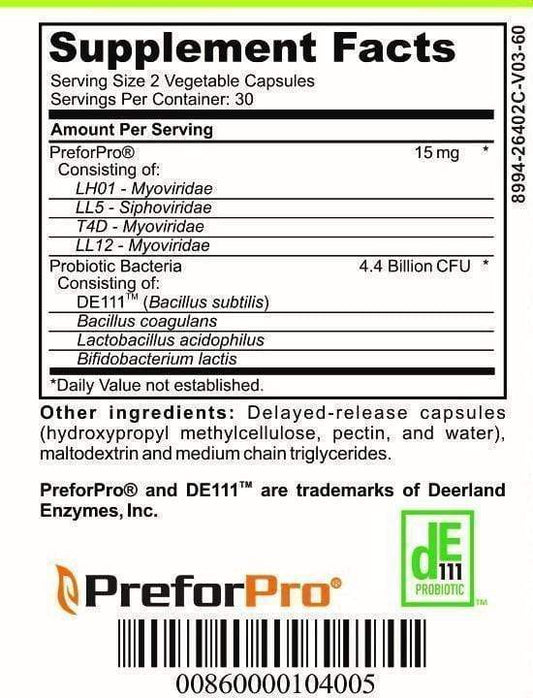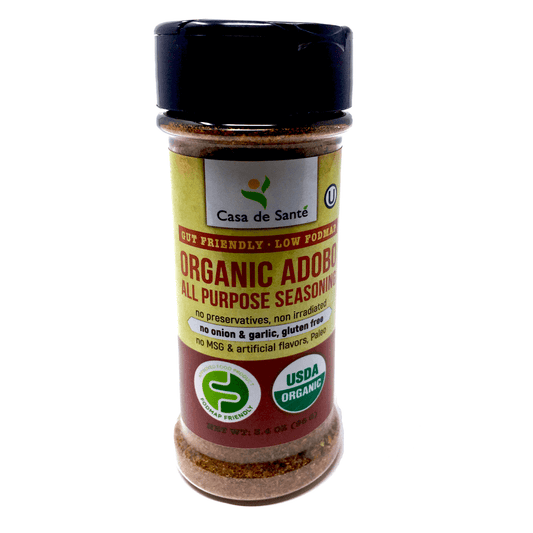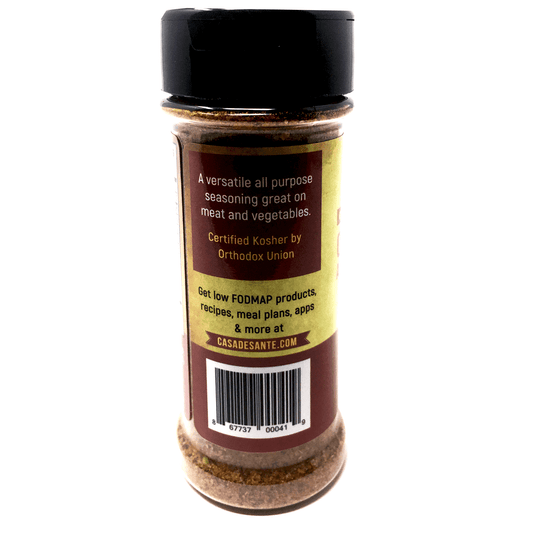
Low FODMAP and Infantile Colic
- According to a study from Monash University, "reducing the intake of dietary FODMAPs of breastfeeding mothers is associated with a greater improvement of the symptoms of infantile colic than for a typical diet."
- Infantile colic is common but has "potentially serious outcomes such as cessation of breastfeeding, postnatal depression and Shaken Baby Syndrome. It is one of the most common presentations of mother‐infant pairs to emergency departments." It consists of crying episodes that can last for more than 3 hours per day, for 3 or more than 3 days per week and more than 3 weeks.
- Breastfeeding mothers across different cultures often instinctively "manipulate their diet in an attempt to settle their infant." They reduce their "intake of intestinal gas‐producing foods, especially pulses/legumes, onion, garlic, cruciferous vegetables and breads and cereals containing wheat and rye." The efficacy of these measures was only "limited to observational studies."
- The common link between the foods mentioned above is "their high FODMAP (Fermentable Oligo‐, Di‐, Mono‐saccharides And Polyols) content."
- Previous observational studies with maternal diets low in FODMAPs were uncontrolled but showed that "the crying‐fussing durations of infants fell considerably more than that anticipated from the natural history of colic,11 and was greater than the 25% improvement considered to be of clinical significance."
- A study conducted in Australia examined the effects of a maternal low‐FODMAP (Fermentable, Oligosaccharides, Disaccharides, Monosaccharides, And Polyols) diet compared to a typical‐Australian diet on infant crying‐fussing durations of infants with colic in a randomized, double‐blind, crossover feeding study.
- The results from this study showed that "Maternal low‐FODMAP diet was associated with enhanced reduction in crying‐fussing durations of infants with colic. This was not related to changes in maternal psychological status, gross changes in breast milk or infant faeces."
























